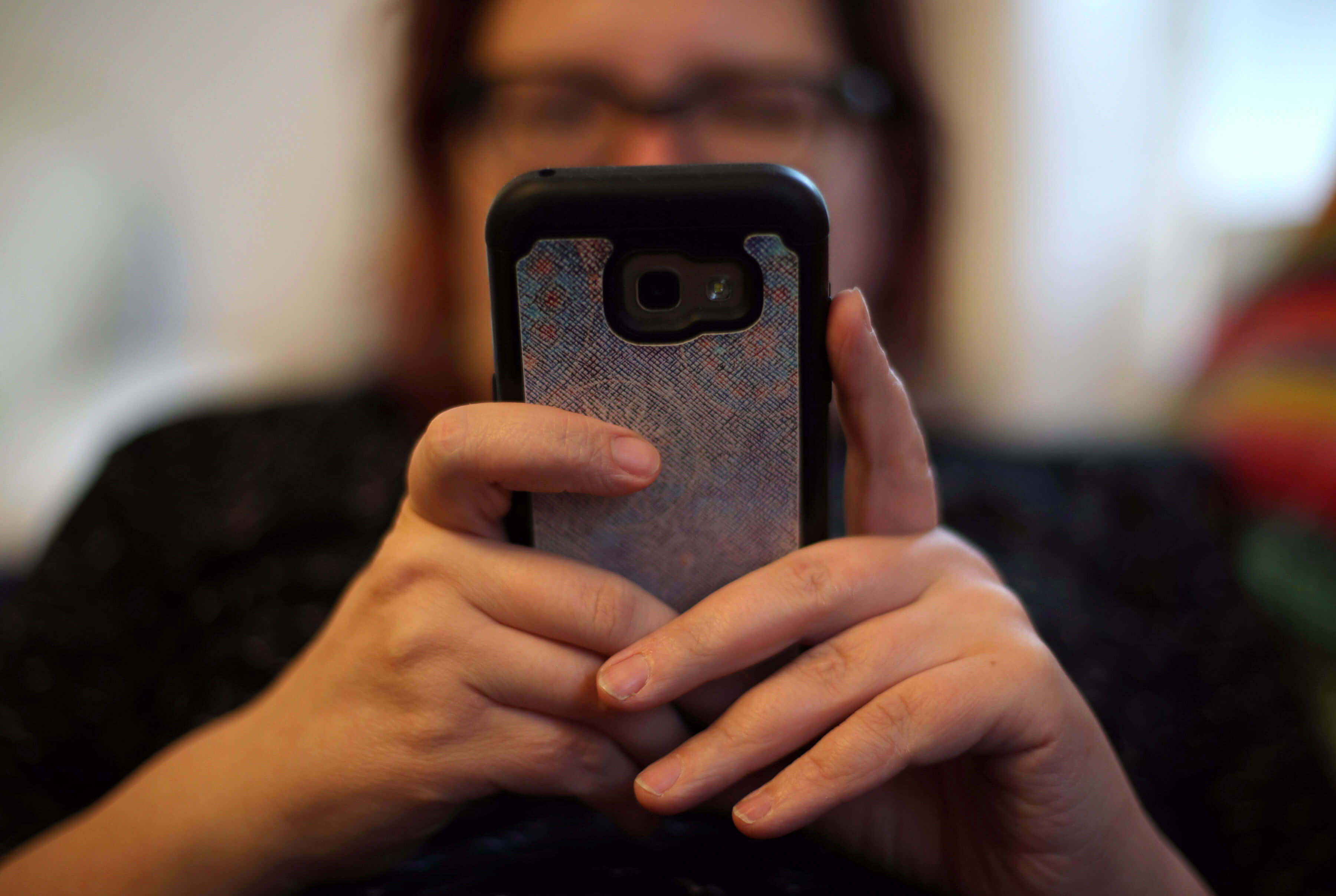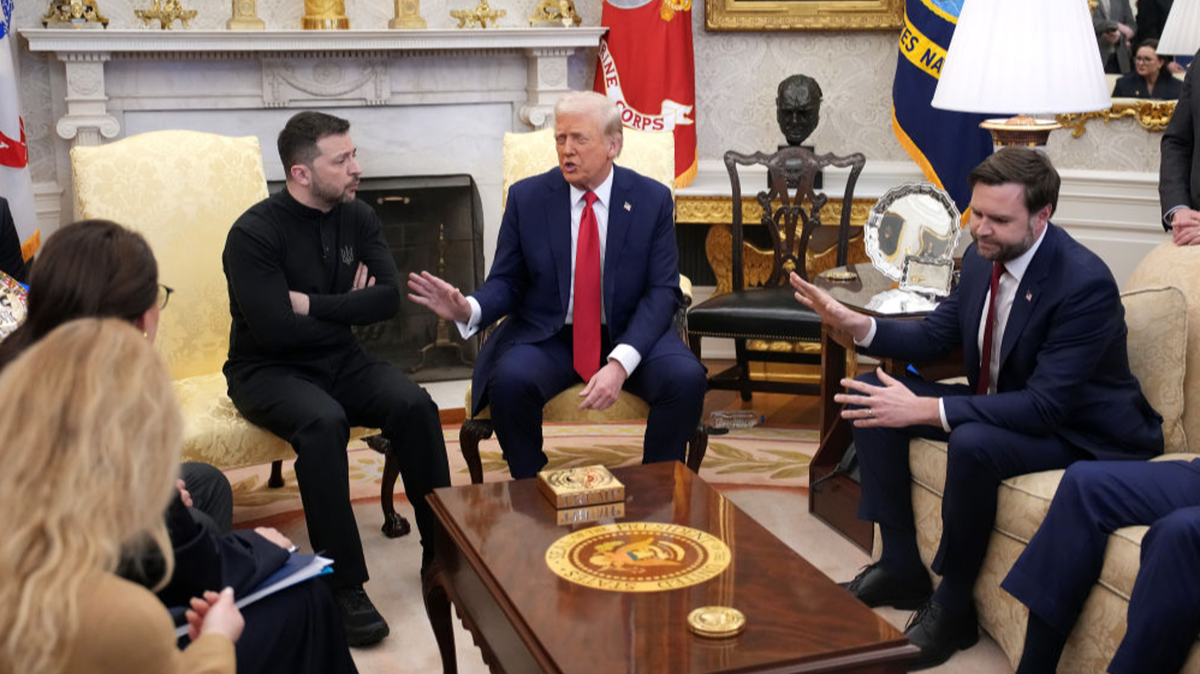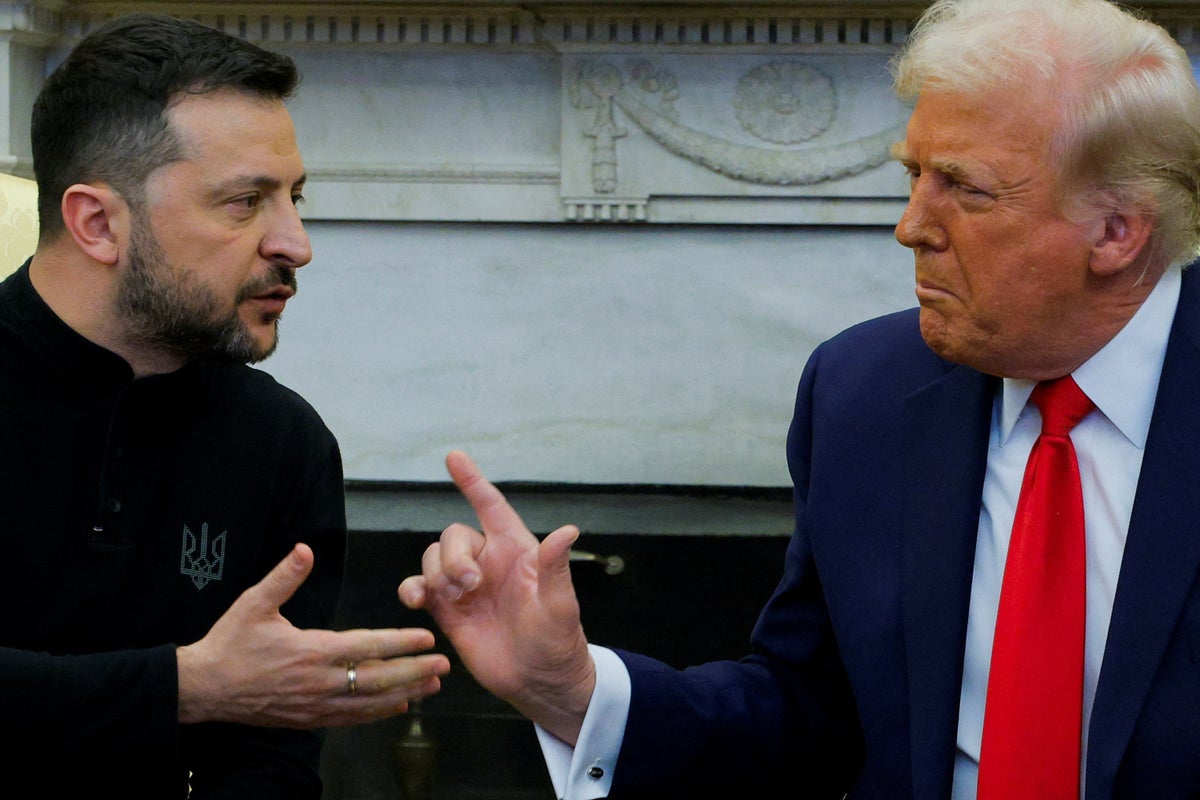‘A serious disease’: Congress weighs federal gambling crackdown amid growing concerns

A public health crisis is rapidly taking hold, Congress has been warned, with “all available evidence” pointing to an increase in problems surrounding America’s gambling boom.
Sports betting, now legal in 38 states, has exploded across the US over the past six years. Campaigners and clinicians say addiction levels have grown during this surge, with young people among those affected. Athletes and sporting officials say harassment has risen, too.
On Capitol Hill this week, a handful of senators signaled they could support a federal crackdown. But the industry is already pushing back.
‘Pervasive’ sports betting
“I am not opposed to sports gambling,” said Harry Levant, a gambling addiction counselor and director of gambling policy at the Northeastern University School of Law’s Public Health Advocacy Institute, and himself a recovering gambling addict. “In fact, I support the properly regulated legalization of sports gambling.”
Addressing the Senate judiciary committee on Tuesday, however, Levant stressed that he was “vehemently opposed to and deeply concerned about what has transpired” since 2018, when the supreme court overturned a decades-old federal ban on legalizing sports betting.
A complex network of firms, including betting giants, sports teams and media companies, is now “acting in concert to deliver online gambling at light speed and ensure that access to sports gambling action never stops”, according to Levant. “This new and AI-fueled business model will inexorably result in increased gambling addiction and gambling-related harm.”
Former NFL player Johnson Bademosi also sounded the alarm. “Gambling addiction is a serious disease that has the potential to ruin the lives of not only the bettor, but also the people and family of the addict as well,” he told the hearing. Those suffering “must be given the appropriate resources and support to recover”, Bademosi added.
Lawmakers must dedicate “significantly more attention” to gambling on college campuses, said Charlie Baker, the former Massachusetts governor and current president of the National Collegiate Athletics Association, to protect sports and students “from the dangers of pervasive sports betting”.
The 2018 supreme court decision enabled each state to decide if it wanted to permit the practice, and how it should be regulated. While legalization has boosted the tax revenues of dozens of states, “many state governments have never invested in their problem gambling programs or broad public health infrastructure”, said Keith Whyte, executive director of the National Council on Problem Gambling (NCPG).
As of last year, “for every dollar states have generated from commercial gambling, .0009 cents were invested in problem gambling services”, according to Whyte’s written testimony. “While substance use disorder is seven times more common in the United States than gambling disorder, substance use disorder receives 338 times more public funding than gambling disorder.”
‘Too many states’ getting it wrong
Some senators appear to be taking note.
“It’s critical that Congress looks into sports betting’s impact on America and determines how the industry should be regulated going forward,” said the Democratic senator Dick Durbin, chair of the judiciary committee. “In many cases” gambling “is not being done responsibly”, he added.
Thom Tillis, a senior Republican on the committee, also indicated that he was supportive of federal regulation. “Too many states are getting it wrong,” he said, adding that he was “very open” to the idea of a commission to draw up “rules of the road” for states to follow on legalized gambling. “Federal government is going to have to play a role.”
Richard Blumenthal, a Democrat, is already pushing two pieces of legislation – the SafeBet Act and the Grit Act – designed to address concerns over problem gambling. “We are in the midst of a sports betting boom that is one of the most severe public health problems today,” he said. “It is the cause of addiction for millions of Americans with severe gambling problems.”
Whyte, of the NCPG, was reassured by what he heard. Problem gambling is “no longer a state by state issue”, he said after the hearing. “Both witnesses and senators seemed comfortable with the idea of a federal role. What exactly that role should be is, of course, the key issue.”
Gambling firms ‘welcome to join’
The gambling industry is certainly not comfortable with the federal government getting involved. A memo distributed after the hearing by the American Gaming Association (AGA), a lobbying group, complained it had “excluded an industry witness” and featured “common myths”.
Key firms in the industry made clear they would not attend, according to the judiciary committee. “We reached out to multiple gambling platforms, but they did not want to send witnesses to the hearing,” said Josh Sorbe, a spokesperson for Durbin. “If there are gambling operators who are serious about crafting much-needed federal reform to protect our sports and those suffering from gambling addiction, we welcome them to join us as we move forward.”
FanDuel and DraftKings were among those contacted about testifying at the hearing, a source familiar with the matter claimed. The firms declined to comment. Industry sources denied they were invited.
The hearing did feature David Rebuck, former director of New Jersey’s division of gaming enforcement, who recently became a consultant for the AGA. Unlike the other panelists, Rebuck expressed opposition to a federal crackdown on gambling. “There is no reason to believe the federal government is more suited to balance the tradeoffs involved in hundreds of regulatory decisions better than individual states,” he said.
In its memo, the AGA claimed the prevalence of problem gambling “has remained around 1-2%” despite the rise of legalized gambling. This statistic was sourced from a report on one state – Massachusetts – which found problem gambling had affected 2% of its population in 2013 and 1.4% in 2021. But sports betting was only legalized in Massachusetts in 2022.
New Jersey, where Rebuck was a senior official, led the charge for sports betting’s legalization. In 2021, the state’s rate of high-risk problem gambling stood at 5.6%, according to a report prepared by researchers at Rutgers University’s Center for Gambling Studies: that was down from 6.3% in 2017, but three times the national average.
The sports betting industry is now regulated at the state level – and also by the industry itself, which has introduced measures including a marketing code in a bid to tackle concerns over the advertising blitz that has accompanied its rapid rise. But in Washington, some policymakers are starting to ask if this is enough.
‘Shortsighted’ industry denials
Gambling lobbyists are stealing themselves to make the case that their market has no need for federal rules and guardrails. Some watching closely believe they need a new playbook.
“The industry needs better arguments against federal oversight than what it offers, which seems to be that you (Congress) will do a worse job than us,” Steve Ruddock, a gambling sector analyst and consultant, wrote on social media. “I’m not sure if people know this, but running for Congress takes a big ego, and that kind of argument isn’t going to sit well.”
Sports betting operators worry that a federal intervention would transform their nascent legal market into a highly restricted one. They don’t want gambling to end up with the same strict, sweeping regulations that smoking has.
“If this goes wrong for the industry, they could find themselves treated like tobacco,” said Brianne Doura-Schawohl, a problem-gambling lobbyist. “Their desire to deny that harm happens is so shortsighted.”
Related
Sports Betting Giant Flutter Forecasts Strong U.S. Growth To Drive…
Flutter CEO Peter Jackson.Courtesy of Flutter Entertainment Flutter Entertainment, the world’s largest online gambling company, said that it’s expecting str
BetBlocker Enters US Responsible Gambling Market
The charity, originally from the UK, launched a US unit, BetBlocker US, as part of its North American entry. The organiz
Viewers react to ’embarrassing’ JD Vance comment toward Zelenskyy as…
Social media users watching clips of the heated meeting between President Donald Trump, Vice President JD Vance and President Volodymyr Zelenskyy have called a
Ukraine latest: Zelensky urges Trump to stand ‘more firmly on…
We have Zelensky's statement in full Below, we have Ukrainian president Volodymyr Zelensky’s statement in full after touching down in the UK following a fiery













